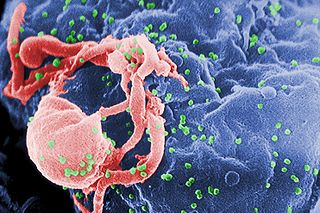Millions more people could get access to life-saving HIV drug therapy, following a landmark study led by Australian researchers based at the Kirby Institute at the University of New South Wales (UNSW).
The researchers have found a lower daily dose of an important HIV drug therapy is safe and as effective in suppressing the virus as the standard recommended dose.
The findings have been presented at the International AIDS Society Conference in Kuala Lumpur, Malaysia.
“This has the potential to affect the treatment of millions of HIV positive people,” says UNSW Professor Sean Emery, the protocol chairperson of the study, known as ENCORE1 and Head of the Therapeutic and Vaccine Research Program at the Kirby Institute.
“A reduced daily dose should translate into a lower cost of treatment and permit more effective and efficient use of health care resources. Essentially, more people could receive this life-saving treatment for the same amount of funding.”
HIV-positive people from 13 countries in Africa, Asia, Australia, Europe and Latin America took part in the trial. Half these people took two-thirds of the current standard daily dose of the antiretroviral (ART) efavirenz, a commonly used treatment for HIV; the other half took the standard daily dose. The 630 participants were observed regularly for a year. The results indicate that a reduction in daily dose of one third is both safe and effective compared to the higher dose currently recommended for people with HIV infection.

